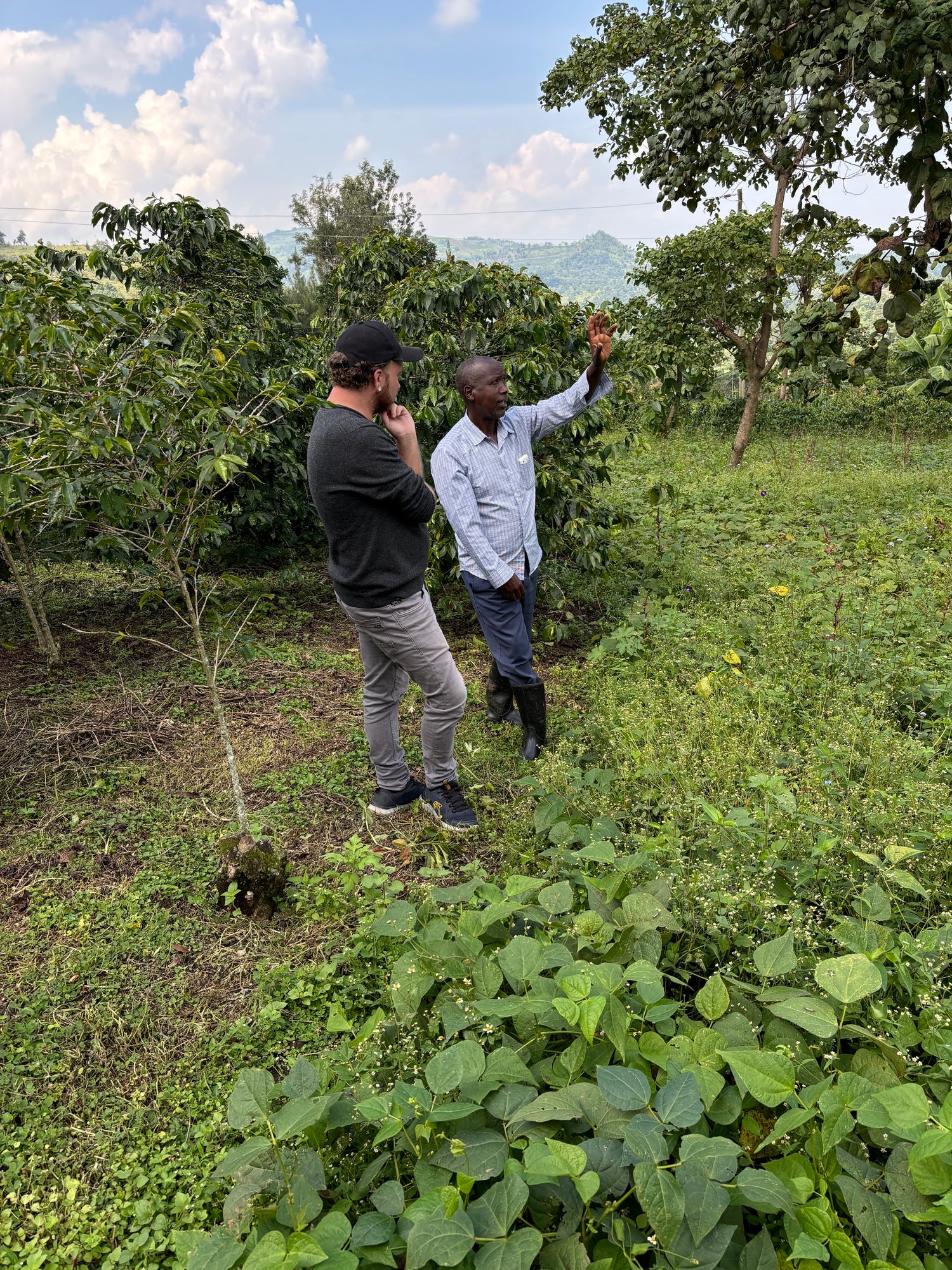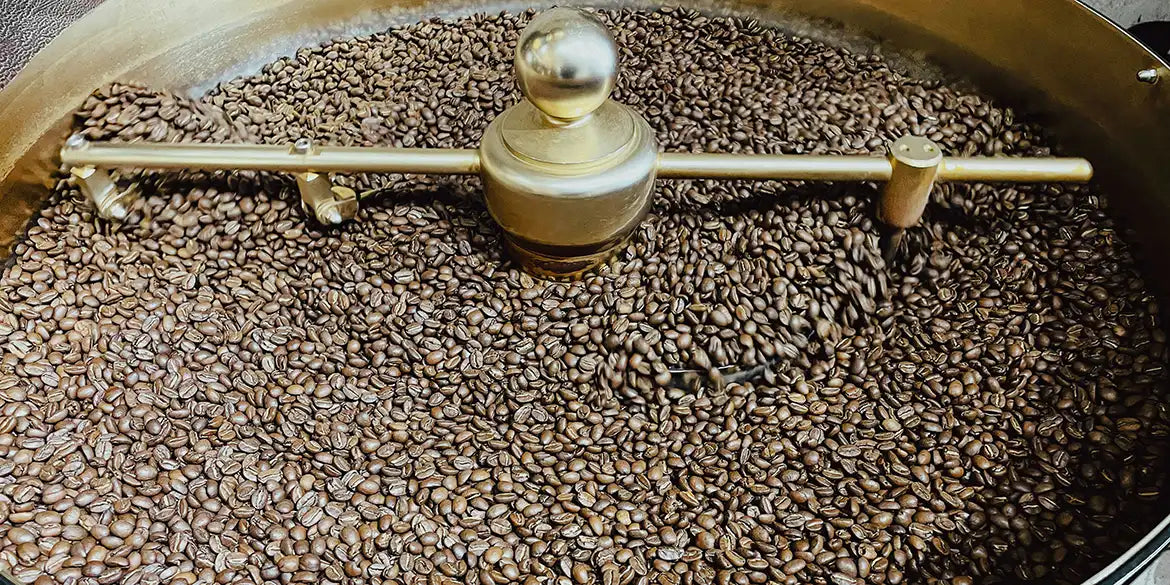Organic Farming: A Guide to Sustainability and Health
Organic farming is an agricultural practice that promotes both health and environmental sustainability. Through the use of natural resources, it contributes to soil fertility and the preservation of biodiversity. This guide explains the concepts and benefits of organic farming and differentiates it from conventional farming.
What does organic farming mean?
Organic farming refers to agricultural practices that avoid the use of synthetic pesticides and chemical crop protection products. Instead, organic farmers rely on natural methods such as organic fertilizers, crop rotation, and composting to promote soil and plant health. These practices reduce environmental impact and help conserve natural resources.
Biological and ecological: A holistic approach
The terms "organic" and "ecological" are often used interchangeably to describe sustainable agricultural practices. While organic farming focuses on avoiding chemicals, the organic approach encompasses a holistic system that includes both plant and animal welfare. Both approaches aim to preserve the environment and protect natural ecosystems.
Differences between organic and conventional farming
Methods and materials
A key difference between organic and conventional farming is the materials used. Conventional farming uses chemical fertilizers and pesticides, which may produce high yields in the short term, but have long-term negative effects on soil quality and the environment. Organic farming relies on organic fertilizers and natural pest control, resulting in healthier soil and plants.
Soil management and fertility
In organic farming, soil fertility is promoted through crop rotation and composting, which leads to better soil quality in the long term. In conventional farming, however, monocultures often lead to soil depletion. Organic farming protects the soil from erosion and supports the supply of nutrients naturally.
Benefits of organic farming
Environmentally friendly and resource-saving
Organic farming significantly reduces environmental impact. By avoiding chemical pesticides, soil and water pollution is reduced, which preserves biodiversity. In addition, the use of natural fertilizers supports soil regeneration and promotes sustainable soil management.
Healthier foods
Organic foods contain fewer pesticide residues and are often rich in nutrients. Consumers who choose organic products benefit from higher nutritional quality and lower exposure to harmful chemicals. These foods are a healthier choice for people who value a natural and sustainable diet.
Guidelines and control in organic farming
Strict guidelines for organic farms
Organic farming is subject to strict guidelines that ensure that products are produced sustainably and in an environmentally friendly manner. These guidelines include avoiding synthetic pesticides, promoting soil fertility and keeping animals in a species-appropriate manner. Organic farms must be regularly inspected by independent inspection bodies to ensure compliance with these standards.
Organic seal as a quality feature
The organic seal gives consumers the assurance that the products meet the requirements of organic farming. It identifies foods that have been produced without synthetic chemicals, genetically modified organisms and under strict animal husbandry guidelines.
FAQ
What is organic farming, and how does it differ from conventional farming ?
Organic farming refers to ecological farming that does not use synthetic pesticides and chemical fertilizers. In contrast to conventional farming, organic farming aims to protect the environment, maintain soil fertility and promote biodiversity. While conventional farming often uses chemical substances, organic farming relies on natural methods and materials to protect and fertilize plants.
What guidelines apply to organic farming ?
The guidelines for organic farming are subject to strict controls that ensure that the products can be certified as organic. These include, among other things, regulations on the use of seeds that must come from controlled organic farming and the use of organic fertilizers. Compliance with these guidelines is monitored by inspection bodies that regularly inspect organic farms.
What are organic foods, and how do you recognize them?
Organic foods are products that come from organic farming and meet strict guidelines. They must carry a recognized organic seal that confirms that they were produced without chemical pesticides and synthetic fertilizers. The best-known seals include the EU organic seal and the Naturland seal. Consumers should look for these seals when purchasing to ensure that they are buying organic products.
Why do farmers choose organic farming?
The demand for organic food is growing steadily, which offers economic benefits to farmers. Consumers are willing to pay higher prices for organic products because they are associated with higher nutritional value and lower environmental impact. Organic farming therefore offers an attractive, sustainable source of income for farmers.
What impact does organic farming have on the environment?
Organic farming has a positive impact on the environment. According to the International Federation of Organic Farming Movements, agriculture, forestry, soil and water are protected.












